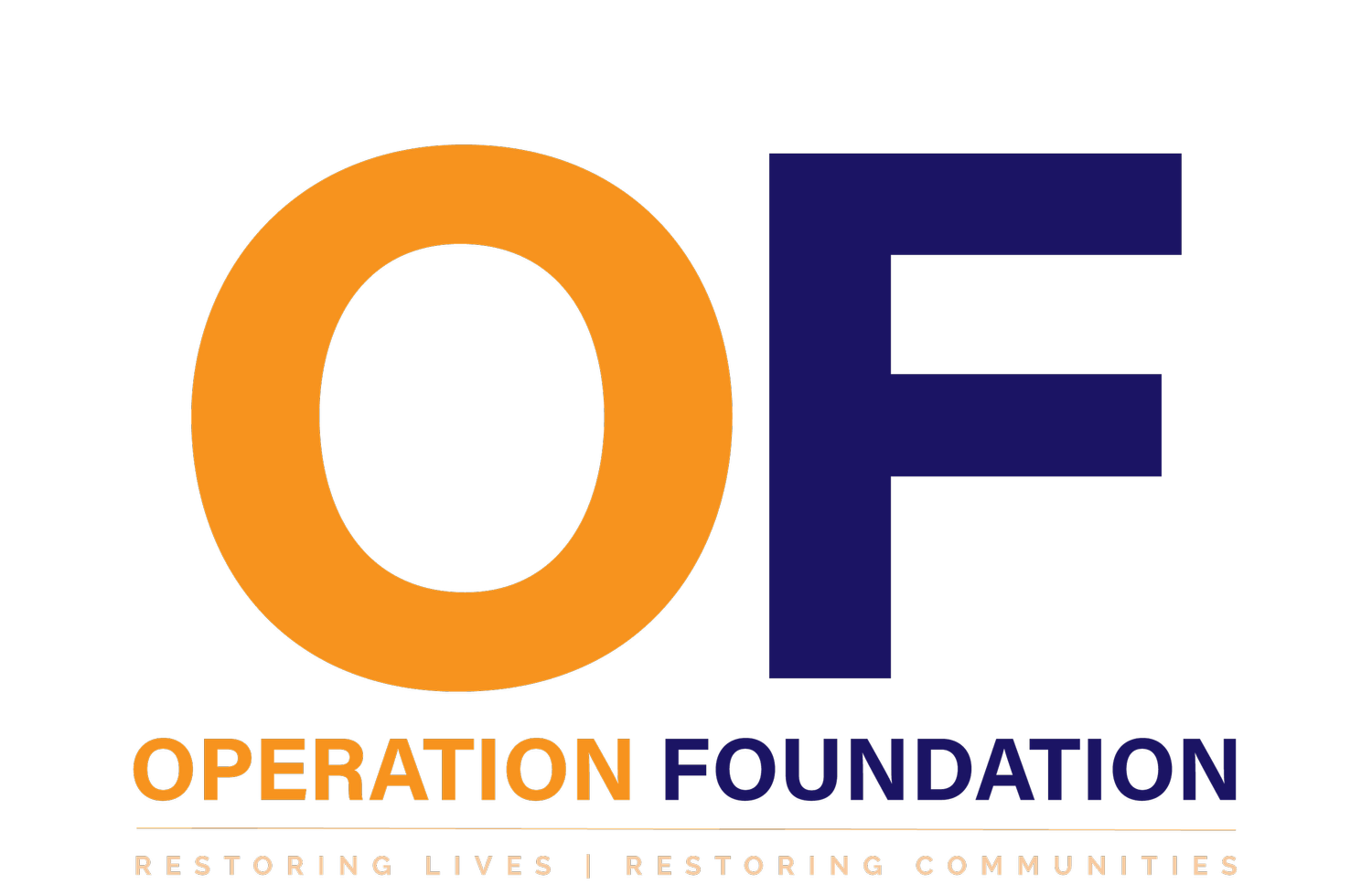Water – the beauty of this simple ingredient!
Clear, refreshing and vital to the sustaining of life as we know it, critical to livelihood and essential to thriving communities and nation building.
Recently we visited Tutu, a Catholic training farm on Taveuni Island. The farm is blessed with a pristine natural water supply that is being captured as it cascades down the mountainside and directed through a turbine generating a constant 80KW electricity supply. Water sustains so much of the life and development at Tutu.
At the end of the Feast of Tabernacles, with its 7-day water ceremony and prayers for rain, Jesus stands and gives a declaration “If anyone is thirsty, let him come to Me and drink. Whoever believes in me, as the scripture has said, streams of living water will flow from within him.” John 7:37-38
The significance of this statement would not have been lost on the audience as they spent the last day of the feast in prayer and reflection. Jesus commands a freshness to the understanding of water as he urges us into a new perspective, pointing to something of a deeper nourishment. Living water – water that never runs dry, and quenches a thirst forever. Can I grasp the significance?
In our context of rehabilitation what does this theme and declaration speak? What is it to imagine the prisoner who has grasped for dry and dying things suddenly being filled, not just filled, but overflowing with living water – the significance of the life of Christ bringing into existence new things.
We have seen this; we have evidenced this! This is no mere chasing after the wind but a renewal of heart and spirit that is a step into the harmonic movement of God’s grace. The celebration of this lives long as we remember different names and occasions where this living water has birthed.
Earlier in history God speaks through Jeremiah a rebuke, “My people have committed two sins; they have forsaken me, the spring of living water.” The second part of God’s accusation is that we “have dug our own cisterns, broken cisterns that cannot hold water.” This is a blunt condemnation and one that requires us to pause in long reflection to ask honestly “where have I forsaken you and constructed my life in such ways that it cannot hold your water?”
The two statements link together – the incredible promise of streams of living water and the condemnation of the life purposefully and proudly built broken. Where is our life focused?
As a team we do pray that in prisons, and in families, and in communities, we would turn in the act of repentance toward God and see more of emptiness becoming filled with living and renewing water.
Peter Schultz

